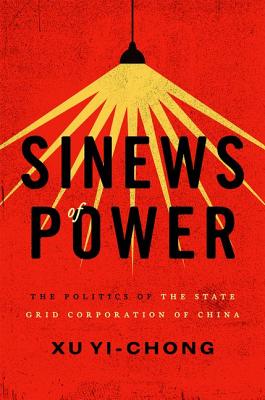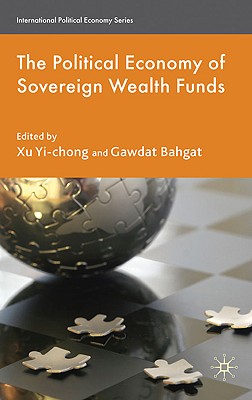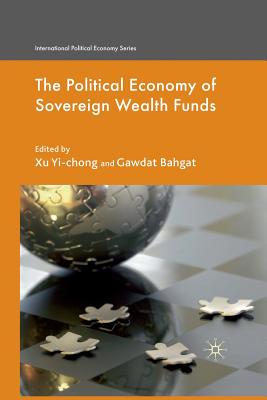
Sinews of Power:The Politics of the State Grid Corporation of China
Interview with Xu Yi-Chong
January 18, 2017Sign Up to listen to full interview.
About Xu Yi-Chong
moreInterview Summary
Electricity is one of the most basic advances of modern times that we tend to take for granted. Yet, producing and distributing electricity is capital intensive and demands a fine blend of engineering skills and business savvy.
State Grid Corporation of China, although government owned and controlled, has succeeded in rising above the petty politics, not only to achieve domination in China but also to become the second largest corporation in the world, close behind Wal-Mart Stores, Inc. SGCC has emerged as the world’s largest utility company in less than 10 years after its restructuring in 2002.
In an interview with Readara, Professor Xu Yi-Chong, author of Sinews of Power: The Politics of the State Grid Corporation of China, discusses how SGCC took the opportunity to grow and build an organization, overcoming political, market, and technological hurdles along the way.
Key Topics
- How did State Grid Corporation of China manage to dominate electricity distribution in China?
- What are the policies of SGCC and how does it manage its relationship with China’s government?
- What were the key steps that shaped the transformation of SGCC from a loss-making government controlled utility company to a global player today?
- What kind of policy entrepreneur is SGCC?
- How has SGCC led the development of technology to be in a position to dictate worldwide standards?
- What are the long-term issues linked to SGCC's ultra-high-voltage transmission grids?
- How has electricity restructuring affected SGCC’s behavior?
- How has the ownership of SGCC reshaped the company’s interactions and relationships with the Chinese government?
- How are a handful of elite state-owned enterprises redefining relationships between the state, corporations and society, as well as markets around the world?


